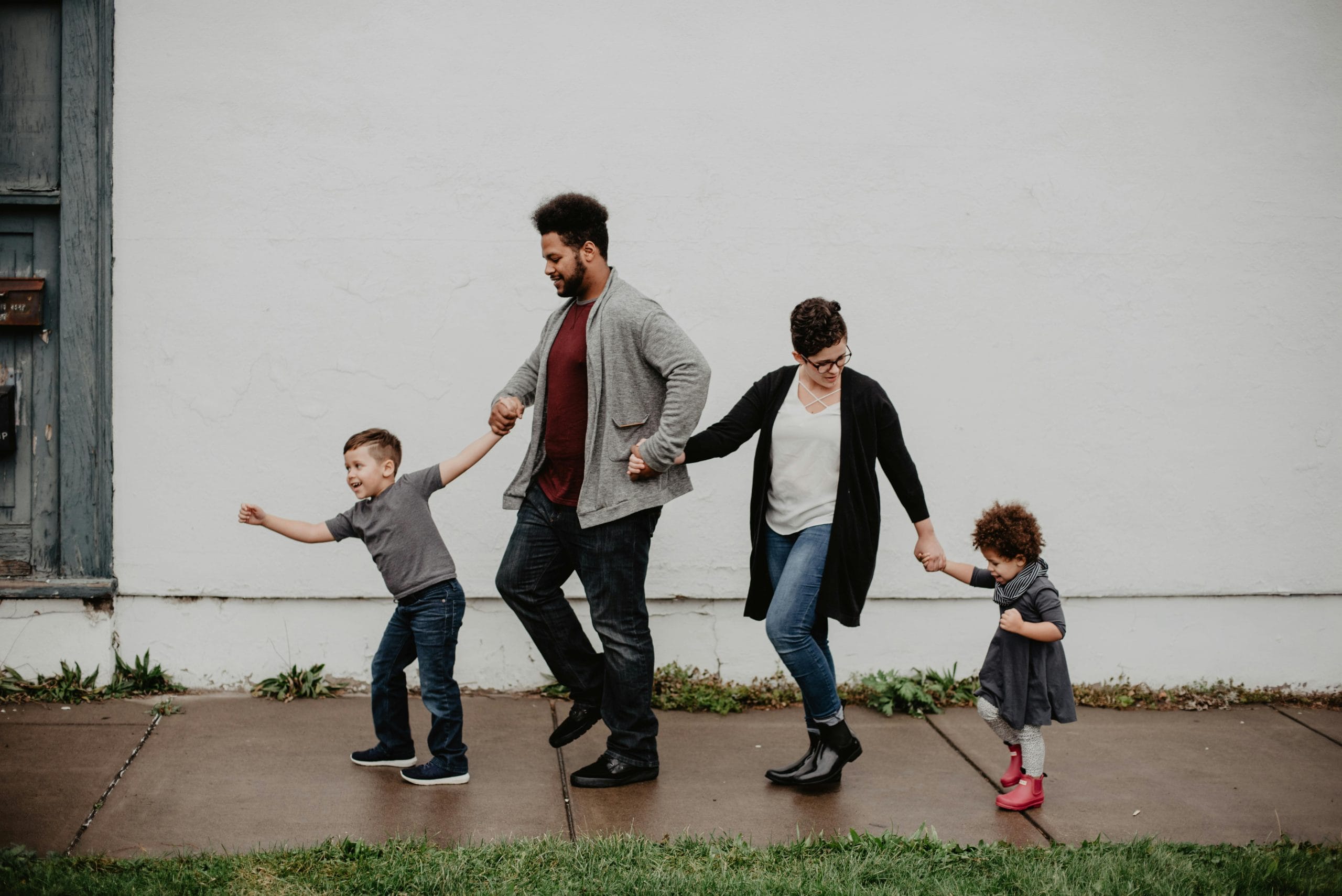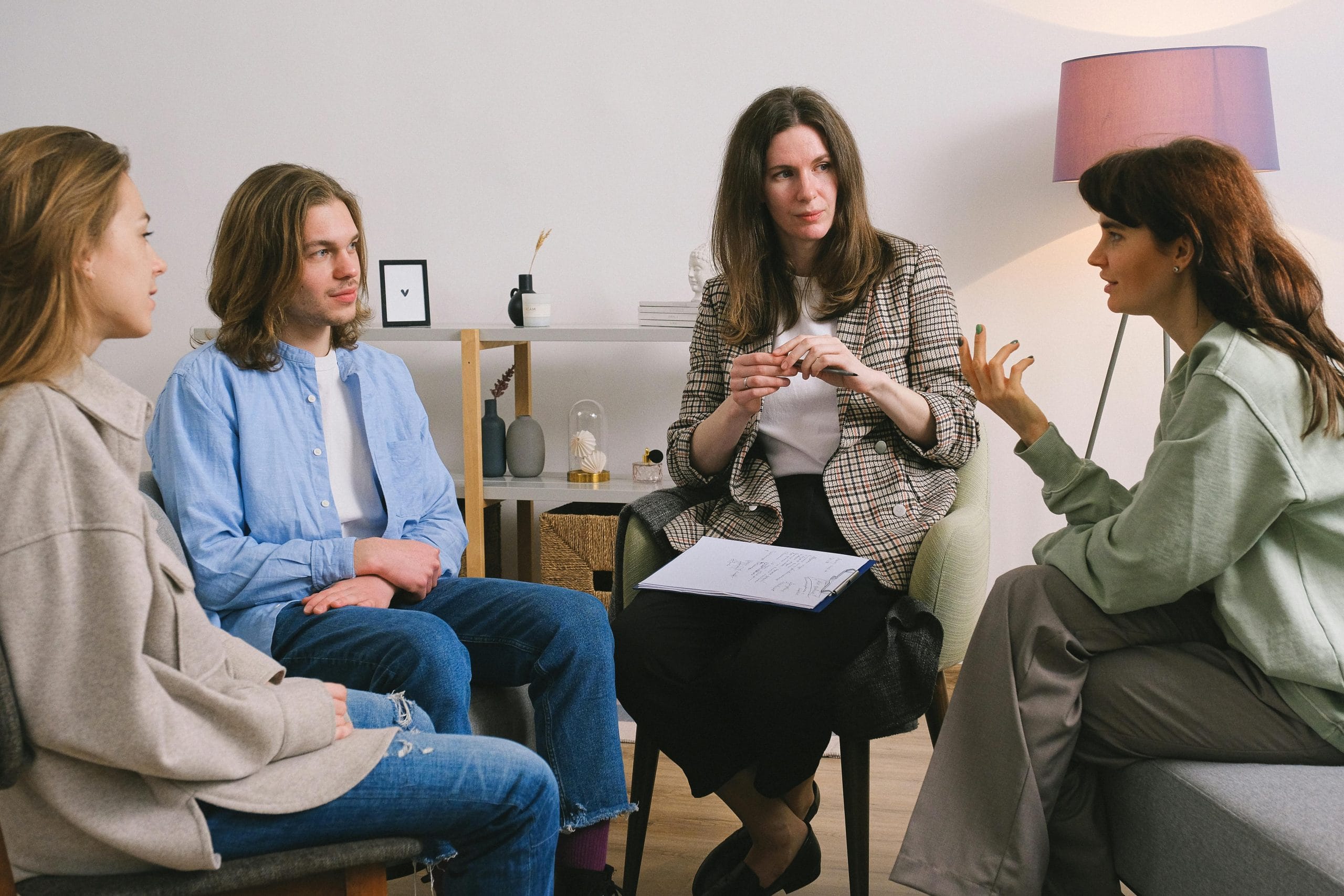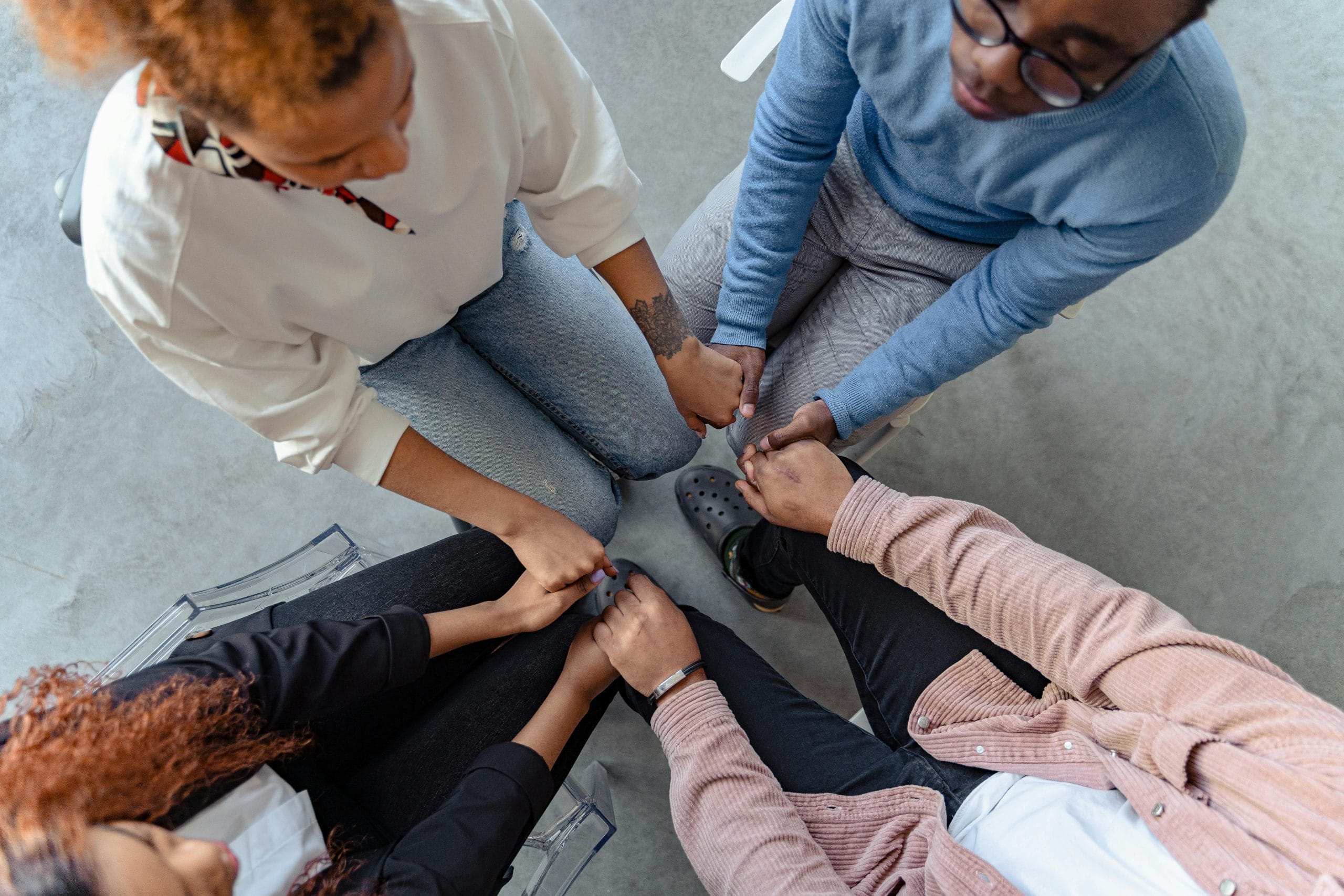The Importance of Family Support During Addiction Recovery

For those struggling with addiction to alcohol or drugs, getting professional help is essential. Various treatments and approaches should be part of a holistic program for one’s rehab. Family plays an important role in the whole process, and family support during addiction recovery can be a crucial element in overcoming struggles. Families provide love, care, and support but can also often be part of the problem. This is why including families in psychotherapy is the way to ensure proper family support during addiction recovery.
We at Tranquility Recovery Center want to share insights on the roles a family can take during rehab. We would like to explain why having a supportive family is important and how professionals can include family members in the psychotherapeutic process. We will also share how families can act as prevention agents. Finally, we will provide input on when family support is insufficient and when professional help is necessary. Only with both family support and expert care is full recovery possible.

Why Is Family Important in the Healing Process?
Family is important in the recovery process for more than one reason. Families should be our safe havens when feeling lost, misunderstood, or troubled. Family support can provide emotional comfort and security no matter what, including while struggling with addiction and going through a recovery process.
Families are our primary source of protection and care, and that does not change as the years go by. Your family might be expanding, providing you with more love and support. No matter your life choices, you will always belong to your family, and that sense of belonging can positively impact your self-worth and motivation to recover. Your family’s love is a strong drive, pumping you with strength to overcome your struggles.
Furthermore, families can offer encouragement when making choices. They can push you towards healthy decisions, hold you accountable, and provide an environment that allows you to do everything you commit to. Family support during addiction recovery is often crucial for monitoring progress, providing empowerment, and preventing relapse. Once you start making amends as a part of your recovery program, families are typically where you start, and they provide you with forgiveness and acceptance.
How Family Support Enhances the Recovery Process
As a family member offering support, you’ll often find that encouraging and persuading an addict to take the first step toward their recovery is usually the most difficult part. However, your loved one will need you throughout the process of rehab. There are several ways for a family to provide support during the treatment:
- Building a healthy environment for healing. A stable and supportive home environment, one that creates a positive atmosphere free from triggers and negative influences, is sure to provide a safe and healing space for someone struggling with an addiction. For instance, you can create sober social activities, encourage healthy lifestyles and habit-building, nurture open communication and understanding, and minimize the presence of what can trigger maladaptive behavior or relapse.
- Providing motivation and emotional support. Families tend to become even more strongly bonded during times of difficulty. Acceptance within the family and an open, nonjudgmental approach can motivate people to overcome issues and become better people. When a family is committed to the recovery of a single family member, the commitment to recovery increases, as do adherents to the suggested program.
- Active participation in professional support. Tranquility Recovery Center includes families in the treatment process. Our expert support complements family efforts. We provide specialized tools for both struggling addicts and their families. Our compassionate and personalized treatment enhances all the emotional and instrumental effort families put into their loved one’s recovery.

Roles Family Members Can Play During Rehabilitation
Family as a whole is an important resource for recovery. However, different family members can also play different roles and provide different types of support. During rehabilitation, your family members might act as instrumental support providers, listeners, confidants, healthy habits enablers, motivators, or active participants in psychotherapeutic approaches.
Often, addicts need a safe space outside of a recovery facility where they can share their thoughts and feelings. Being there for another person often does not require you to solve their problem, but rather be by their side while they are taking care of it alone. Being a listener and a confidant is an important role to take. Actively listening without judgment can be difficult if you are personally affected by your family member’s addiction. But it is one of the roles that is essential for their recovery. You’re creating a safe space for open communication by being open to listening and communicating non-judgmentally. To truly understand one’s challenges in addiction, you need to be able to listen empathetically.
Family support during addiction recovery is often direct. By taking part in family therapy and support groups, family members help strengthen family bonds and work through potential problems in family dynamics. Rehab centers, like Tranquility RC, can rely on evidence-based approaches and use family dynamics to uncover the underlying causes of maladaptive behavior, including addiction. By addressing these root causes, we ensure that addiction is but an episode in your life. We equip you with tools, resources, and skills, like healthy coping mechanisms, to prevent relapses and ensure lifelong well-being. Finally, we empower all family members to support each other in this lifelong process.
What Role Does the Family Play in the Prevention of Drug Abuse?
Keeping in mind that every addiction starts with experimental use, we can speak of the roles families can take to prevent substance abuse from going further than that or fighting the temptation of trying altogether. This is especially important because younger family members are more sensitive to peer pressure and can easily be swayed by negative role models.

Strategies for Preventing Substance Abuse
One of the ways to potentially prevent substance use by a family member is by nurturing open communication at home. Discussing the dangers of addiction and substance abuse, remaining open to any questions and doubts, and providing honest opinions and true information is a kind of education you can provide primarily for your children but other family members as well. Being honest on this matter implies admitting the short-term positive effects of drugs and alcohol. Still, it is important to reflect on long-term negative consequences and the serious impact addiction has on one’s life.
Another way of helping a family member stay immune to other people’s persuasion about trying alcohol and drugs is by allowing for the development of healthy confidence and teaching them about setting healthy boundaries. This helps say no to attempts by others to conform and engage in substance abuse. Installing values related to a healthy life can also act as a prevention measure for leaning into substance abuse.
Finally, family is any person’s first source of social modeling. Each family member can be a model for the rest of the family, both positive and negative. Therefore, it’s your responsibility to provide the best examples of living a fulfilled life by nurturing healthy habits and making good choices. Leading by example, showing healthy ways to handle stress and setbacks, and helping develop healthy coping mechanisms can go a long way. This social modeling has a long-lasting effect. Examples you leave today can affect many future generations.

Benefits of Family Support During Addiction Recovery
As family support during addiction recovery takes many forms, it has many positive impacts, both short- and long-term. It’s important to keep the support alive even after residential addiction treatment is done, as the battle with addiction is a lifelong one. A person who struggled with addiction at some point in their life will surely be tempted to return to old ways and life. Transitions and stressors can act as triggers for relapse. Therefore, strong family support often ensures lifelong sobriety.
We can speak of two main long-term impacts of strong family support:
- Relapse prevention and support of continued sobriety. Family support reduces the risk of relapse by offering accountability and encouragement. Families keep you grounded and remind you of things you’ve been through and how far you’ve come. Their emotional investment in you and, typically, the forgiveness they provide during your recovery process pushes you to stay on the right track. Families ensure your lifelong sobriety by holding you accountable and motivating you to do better.
- A sustainable lifelong sobriety. One of the big challenges of getting and remaining sober is how to do it sustainably. Healthy coping mechanisms and a healthy environment are important factors in achieving that. Here, family support plays an important part as well. Families create a safe, trigger-free environment and actively participate in aftercare programs and continuous professional support. A sustainable lifelong sobriety requires professional support even after inpatient treatments are done. Taking part in support groups or going to psychotherapy sessions helps you stay sober, and family participation in those processes strengthens your commitment to it.
The Role of Professional Support in Supporting Family Roles
To provide family support during addiction recovery, families need support as well. The best results in the rehabilitation process are achieved when families and professionals work together. Family support and professional support are complementary, and one builds upon the other to give sustainable and lifelong results.
While family love and acceptance are essential for recovery, families often lack knowledge, and they can unfortunately often turn into enablers of one’s addiction rather than supporters of one’s health. This is where education provided by professionals comes into place. Tranquility Recovery Center offers programs that educate families on addiction, its triggers, symptoms, and manifestations. It also teaches them skills in dealing with an addict and addressing an acute situation. Furthermore, it empowers them to become true supporters of one’s recovery.
On the other hand, professional facilities can count on families to provide ongoing and continuous support even long after one is done with their rehab program at a facility. Managing addiction is an ongoing process, and a former addict will face many challenges. Although you can count on Tranquility RC to support you and guide you in unexpected situations, family members will be the ones who are constantly present in the addict’s life and, therefore, can provide care, love, and genuine support throughout their lives.

Embracing the Journey of Recovery Together
Families play a powerful role in the addiction recovery process. Although the love received from your family is an irreplaceable resource and source of motivation, professional help is crucial for the successful management of one’s addiction. This is why combining professional and family support during addiction recovery is a winning combination. Recovery requires a collaborative effort, and only together can we create a safe space for sharing troubles and gaining skills to address them.
Learn how to be the right support for your loved one. Call Tranquility Recovery Center to learn about our addiction treatments and how we include families in the rehab process. We can offer personalized rehab solutions, ensuring a smooth and safe recovery and the entire family’s well-being.
Recovery is a gradual journey. You and your loved ones will need patience, understanding, and a strong support network. We will happily provide guidance and support during these challenging times.
You Have Questions
We Have Answers
At Tranquility Recovery Center, we offer treatment for a wide range of addictions, including alcohol, opioids, prescription drugs, and illicit substances. Our team tailors each program to meet individual needs, focusing on both the physical and emotional aspects of recovery.
At Tranquility Recovery Center, we offer treatment for a wide range of addictions, including alcohol, opioids, prescription drugs, and illicit substances. Our team tailors each program to meet individual needs, focusing on both the physical and emotional aspects of recovery.
At Tranquility Recovery Center, we offer treatment for a wide range of addictions, including alcohol, opioids, prescription drugs, and illicit substances. Our team tailors each program to meet individual needs, focusing on both the physical and emotional aspects of recovery.